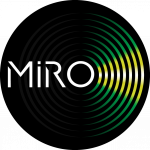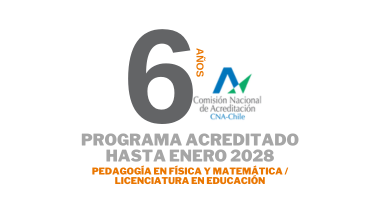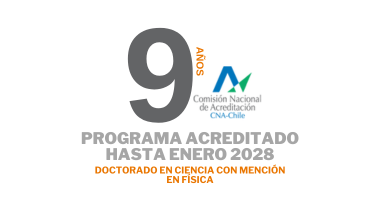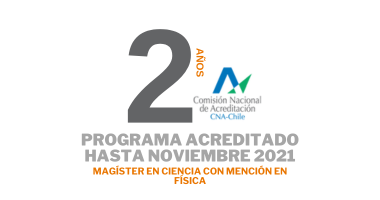Research Centers
 |
Center for the Development of Nanoscience and NanotechnologyThe Center for the Development of Nanoscience and Nanotechnology, CEDENNA, is one of the main multidisciplinary and interuniversity research centers in Chile, dedicated to the study, advancement and promotion of science in nanometric dimensions and its technological applications. Cedenna's work is oriented both to the development of frontier knowledge and its application in materials-based technology at the nanoscale, offering solutions to the productive sector. One of its main objectives is also the formation of human capital of excellence and the dissemination of nanoscience and nanotechnology, in the context of what has been called the fourth industrial revolution.
|
Soft Matter Research and Technology CenterThe Soft Matter Research and Technology Center, SMAT-C, studies the properties of "soft materials". The concept of Fragile or Soft Matter (Soft Matter) is recent, it involves the properties of matter and materials that support biological phenomena on the planet. Brittle matter is soft and composed, in general it self-organizes and exhibits active behaviors, which makes it very different from inorganic matter. Polymers and networks of biological origin, proteins, lipid membranes, molecular motors, suspensions, gels, emulsions, surfaces and functional interfaces, as well as electrochemical processes at the level of a bacterium or a molecule are some examples of the issues addressed by our center.
|
 |
Millennium Institute for Research in OpticsThe Millennium Institute for Research in Optics, MIRO, focuses its objectives on scientific innovation in the area and a possible source of new technologies, through research at a theoretical and experimental level with high global impact. Its core lines are focused on issues of quantum computing, applications of light for information transmission, data security and light sources with novel properties. |
 |
Antarctic Research GroupThe mission of the Antarctic Research Group, Antarctica, is to study the effects of climate change in the southern hemisphere, and in particular the influence of Antarctica on global climate. Our activities are carried out in three areas: Atmosphere, Cryosphere and Magnetosphere. The group operates within a network of four research platforms, from Antofagasta to Antarctica, equipped with diverse radiometric instrumentation to monitor changes in atmospheric composition, giving us a unique view of climate changes in the southern cone.
|
 |
Center for Interdisciplinary Research in AstroPhysics and Space SciencesThe Center for Interdisciplinary Research in Astrophysics and Space Exploration (CIRAS) is a research initiative led by academics from Universidad de Santiago de Chile (USACH). CIRAS promotes research through connections between astrophysics, computer sciences, physics, space sciences, engineering, mathematics, biology and education. CIRAS involves researchers from the physics, informatics, math and biology departments.
|







